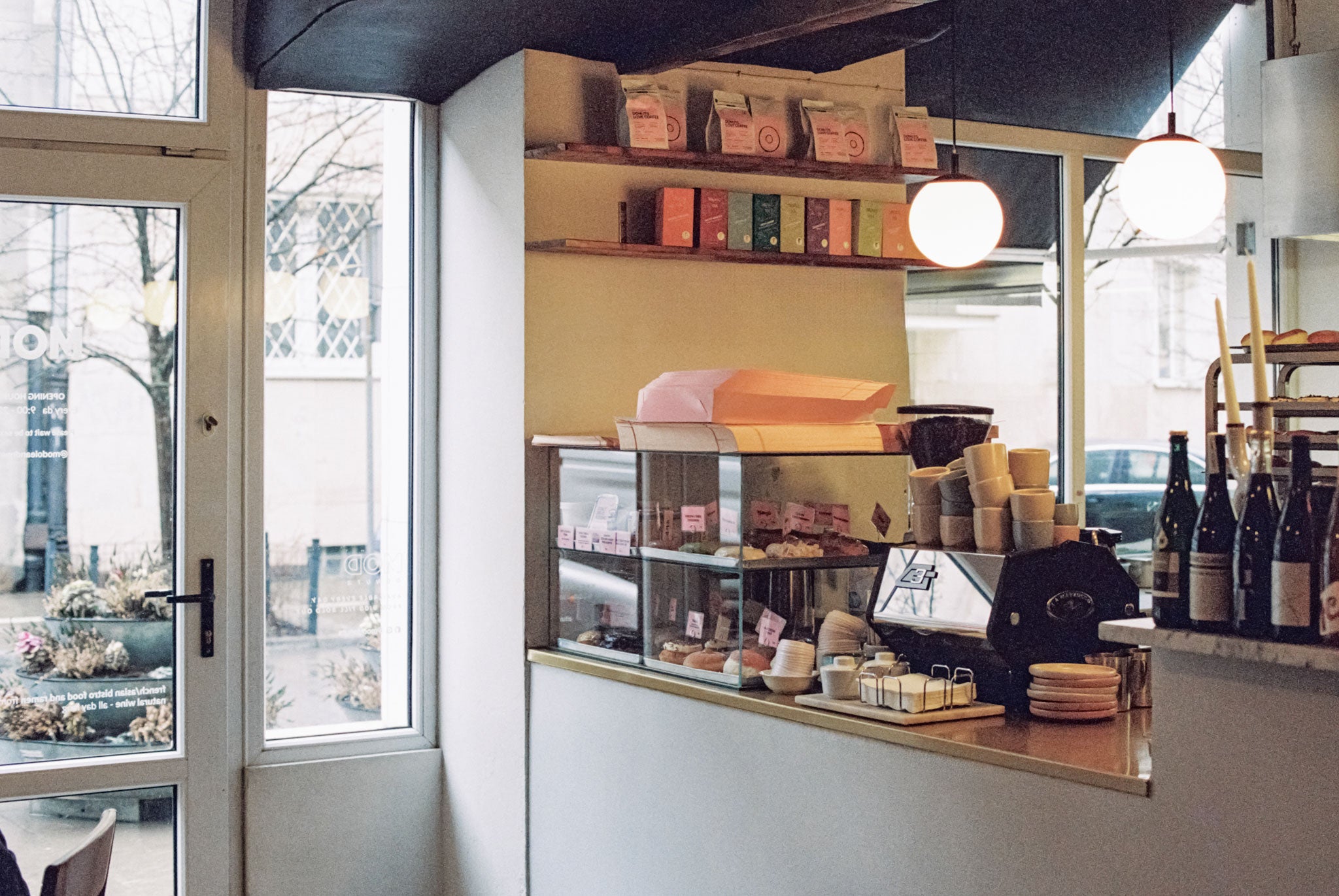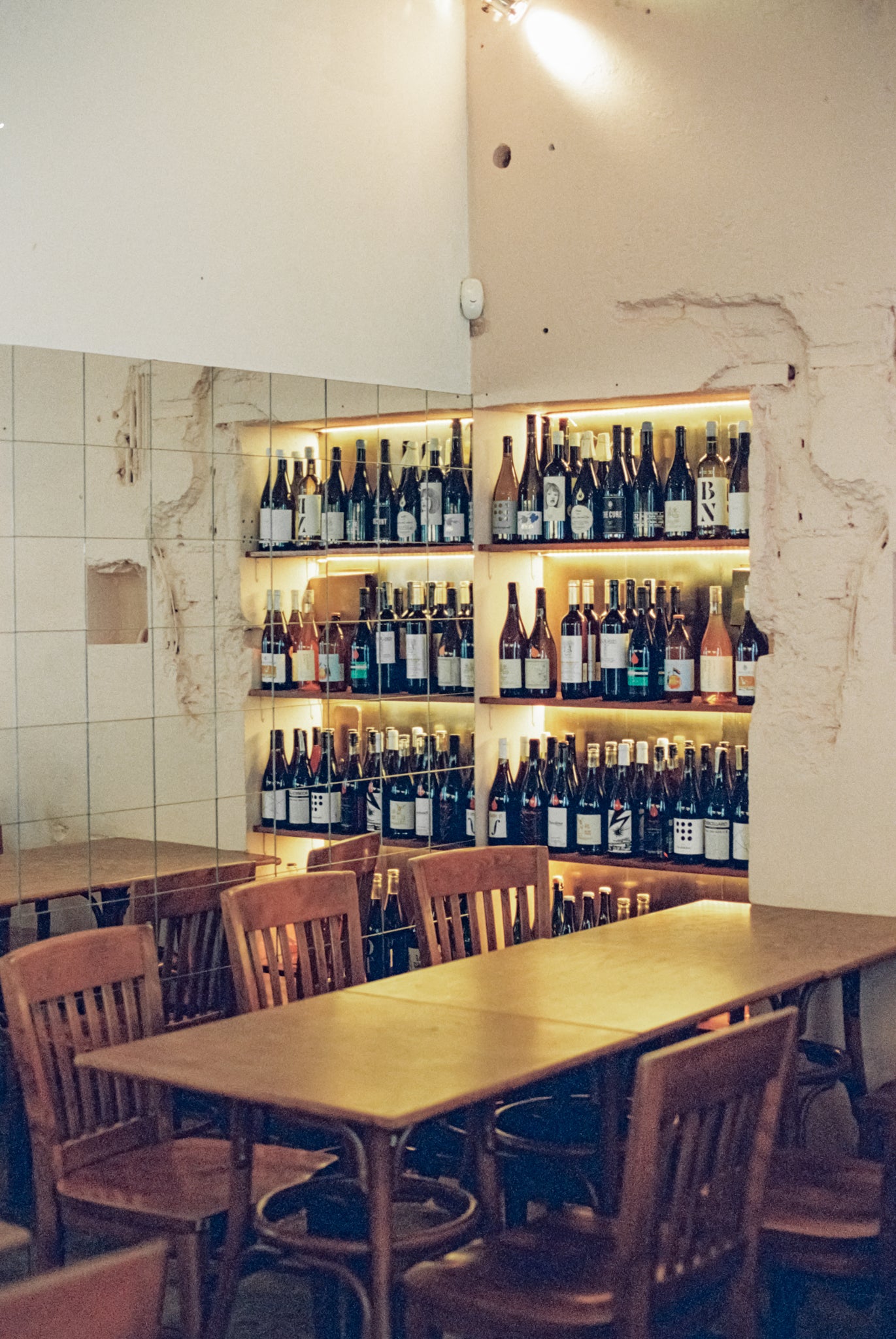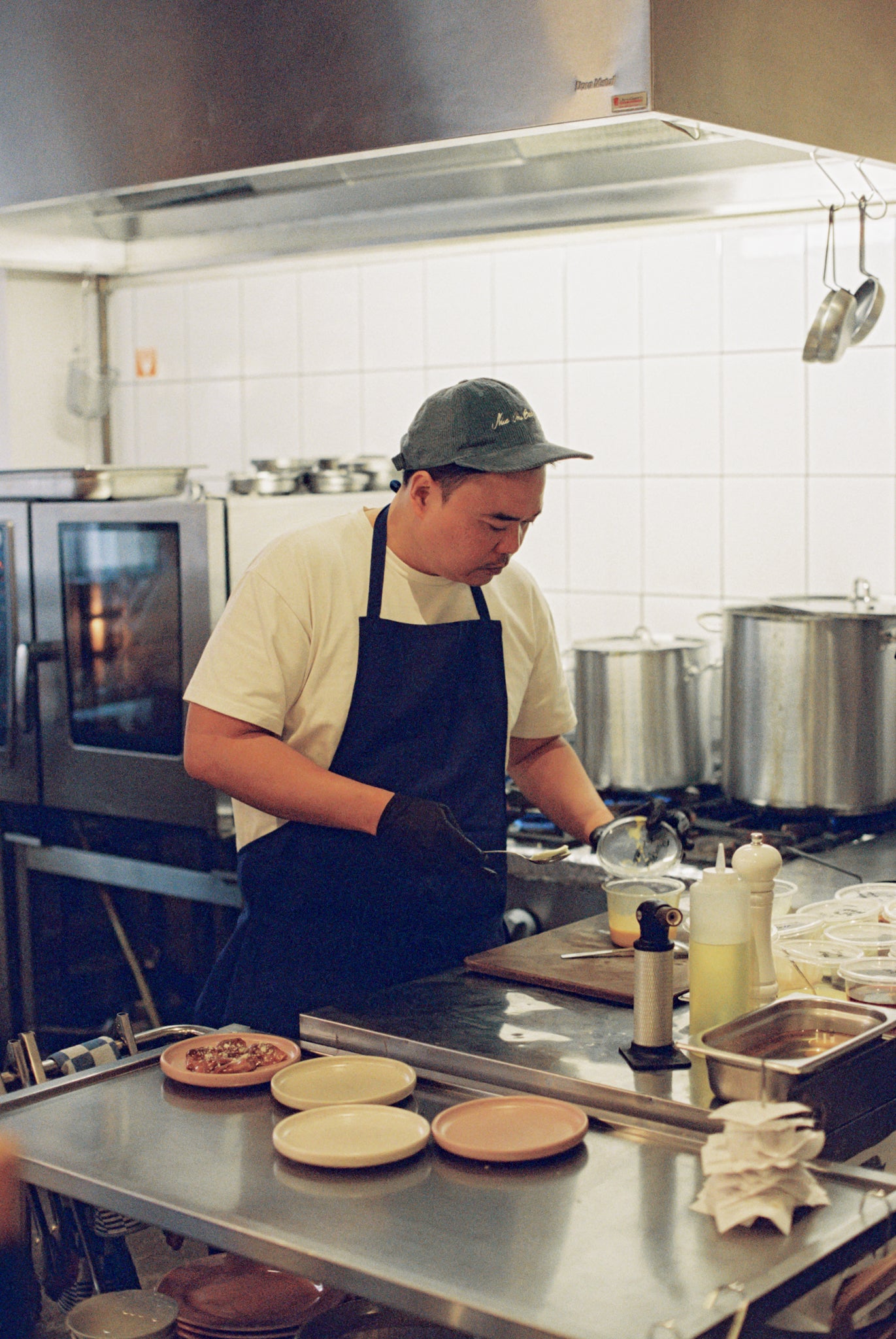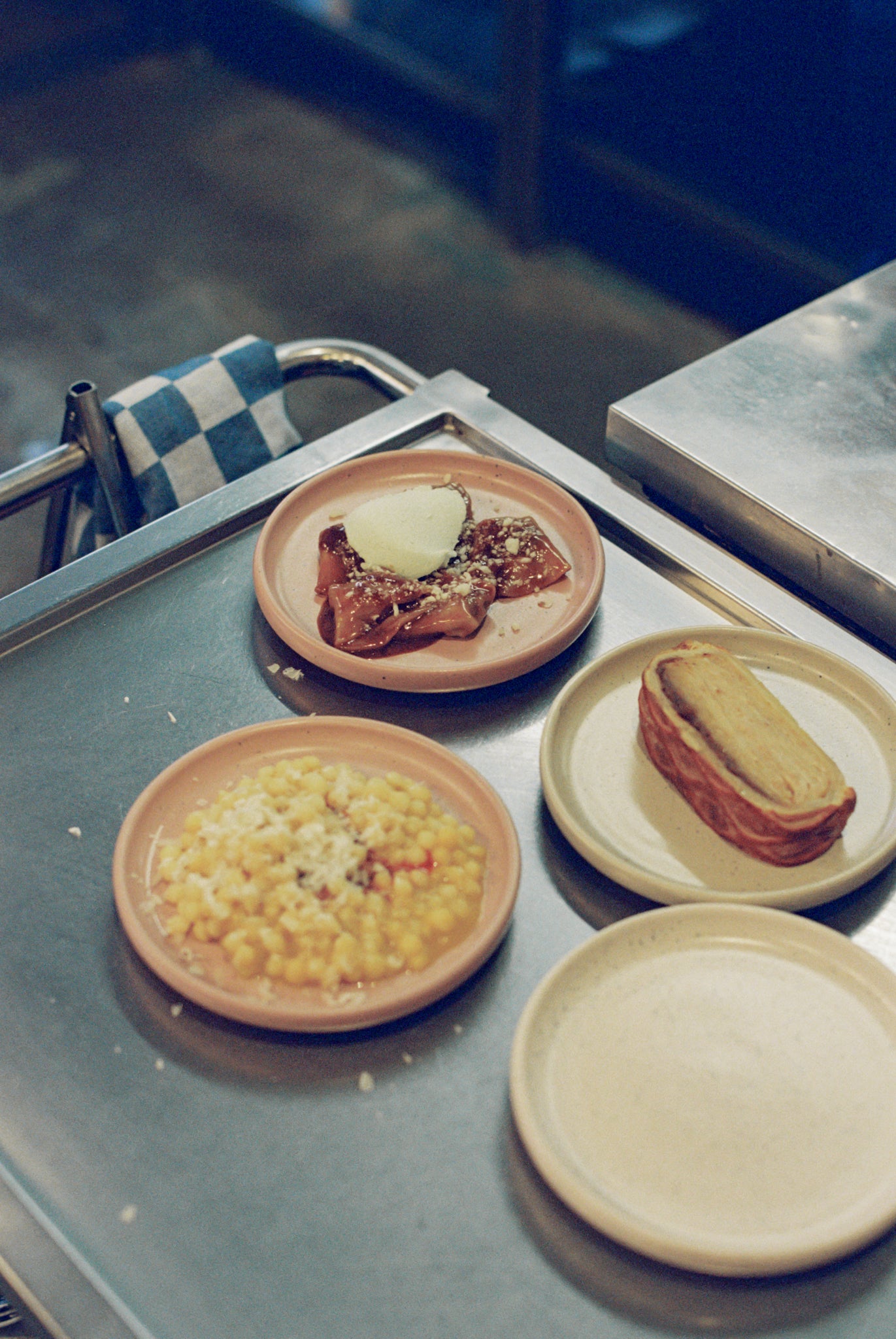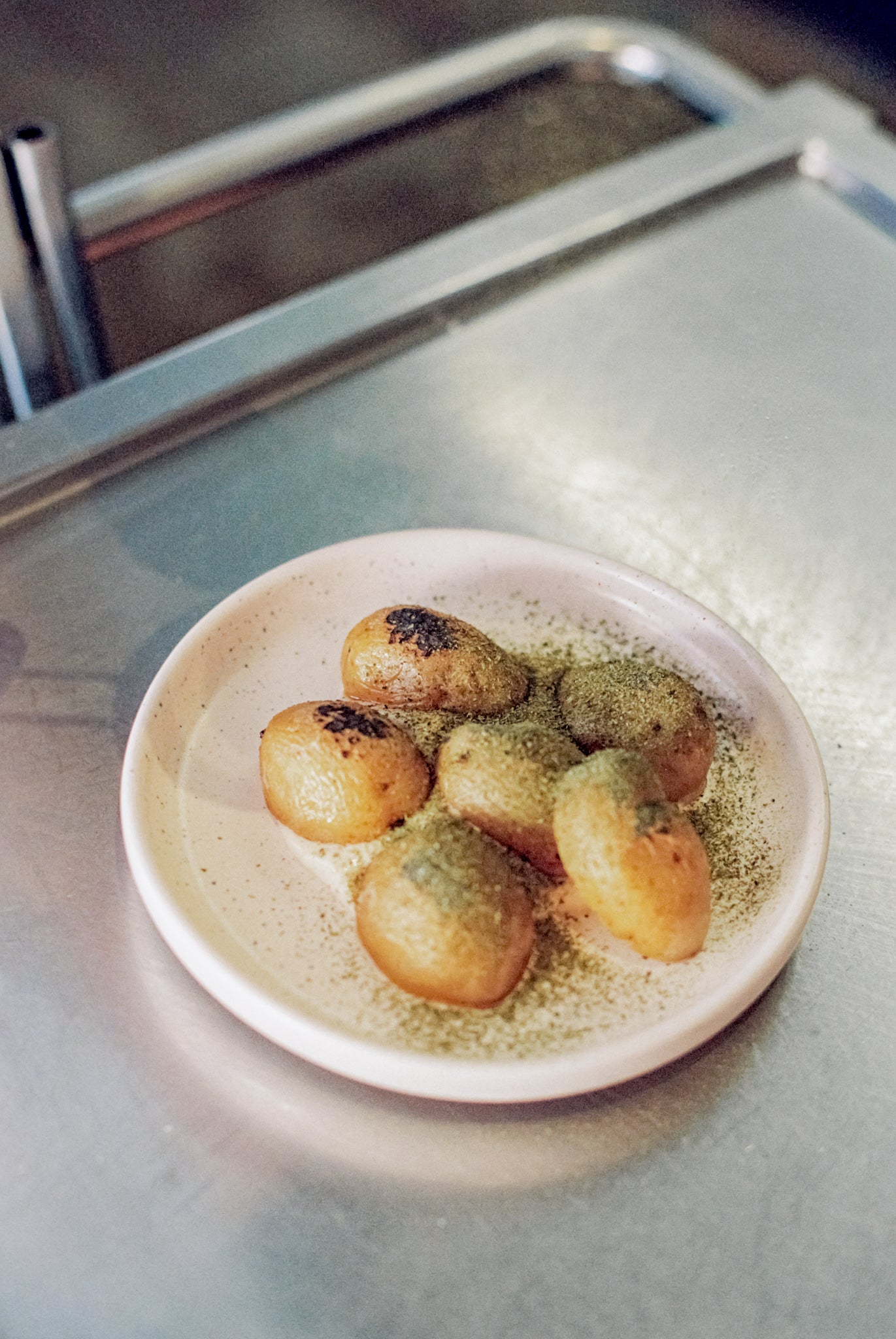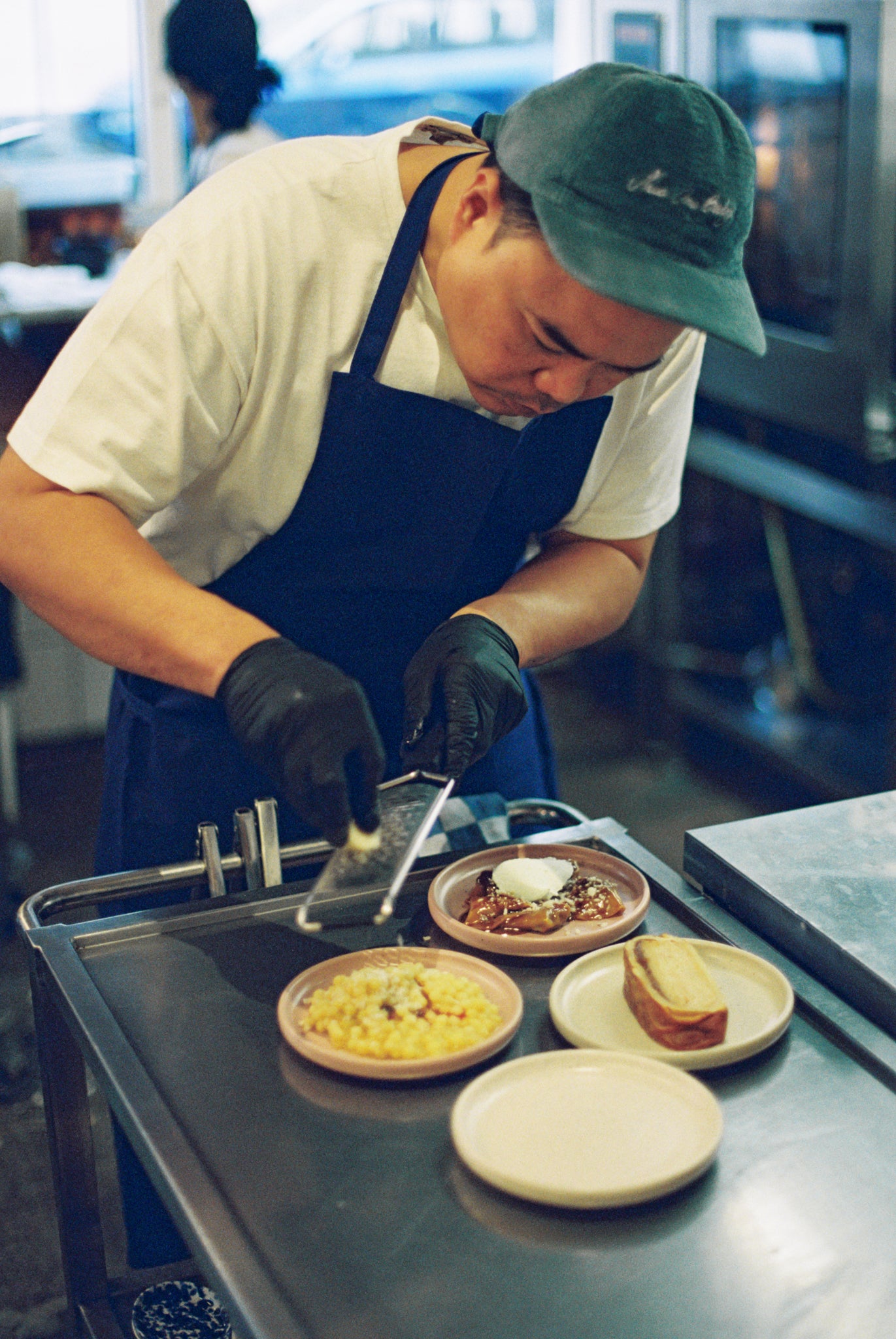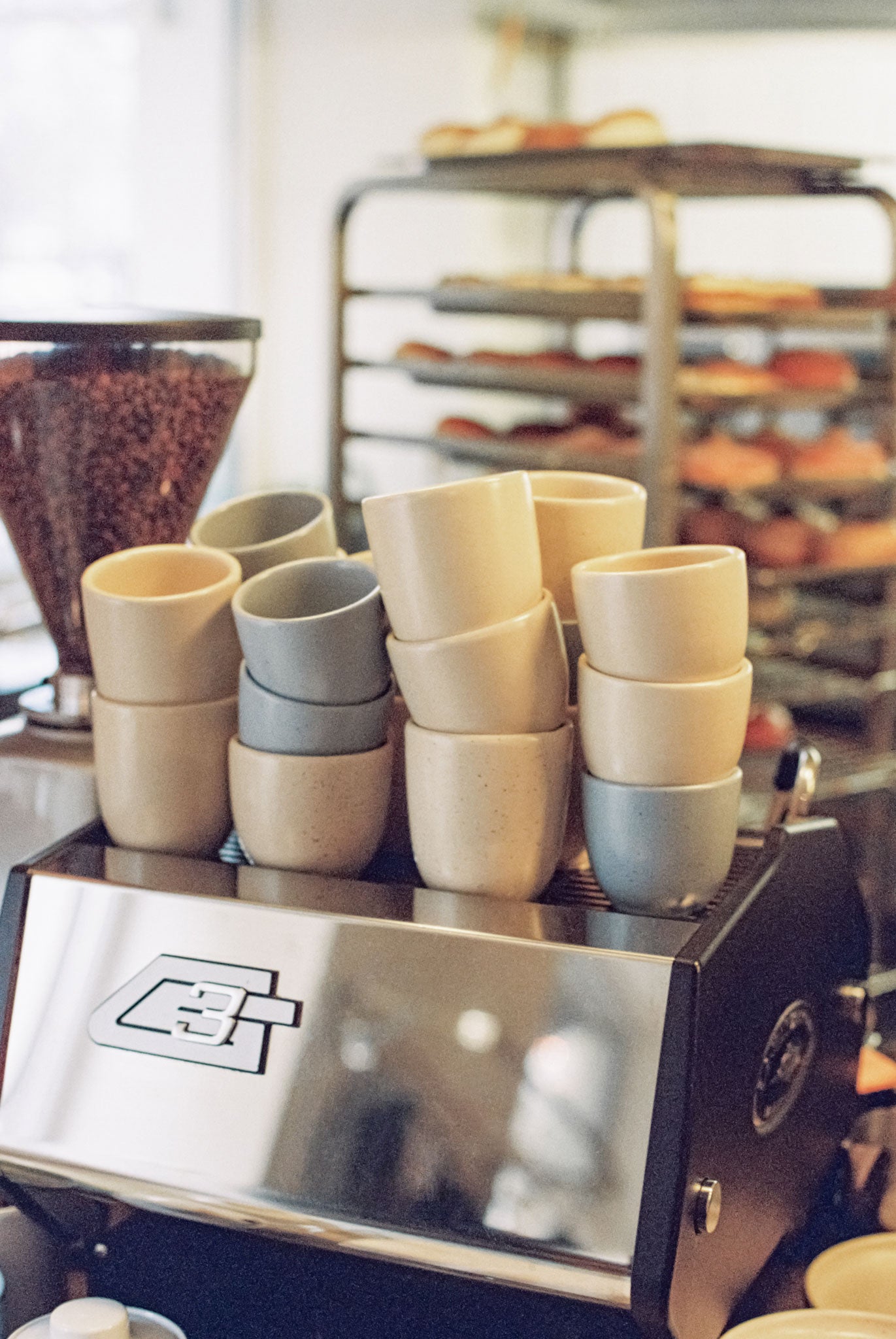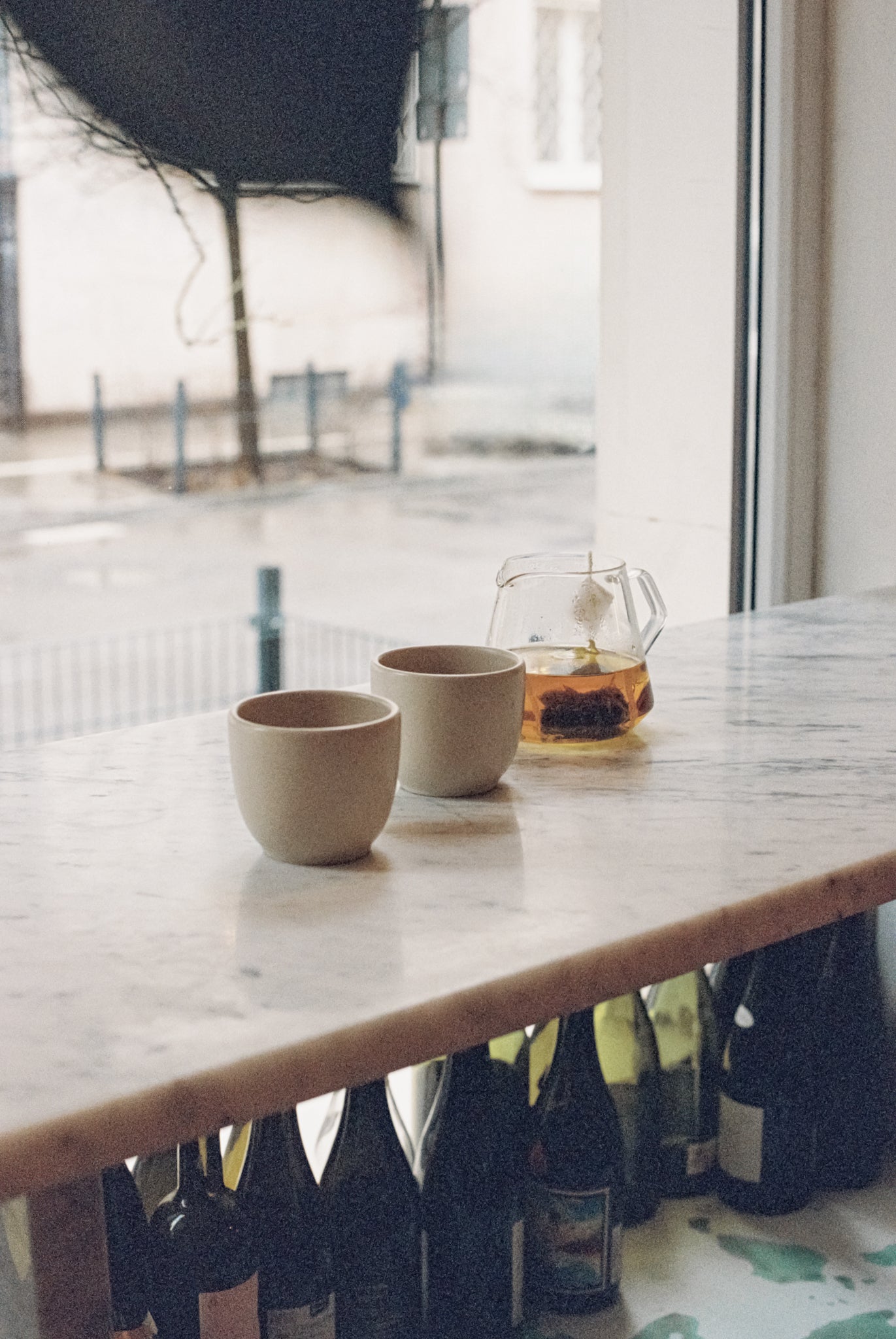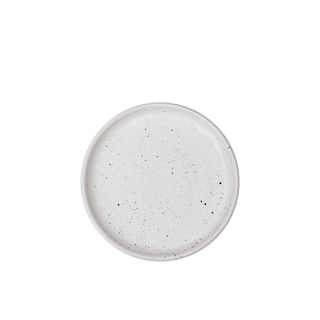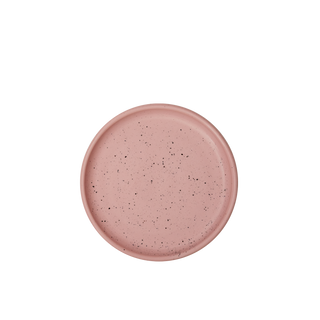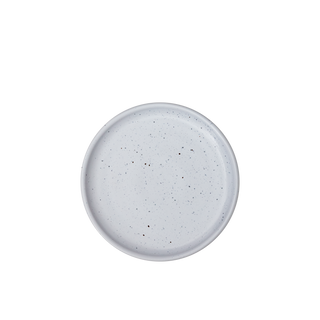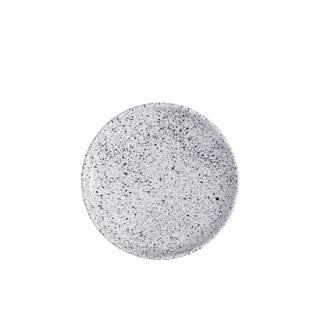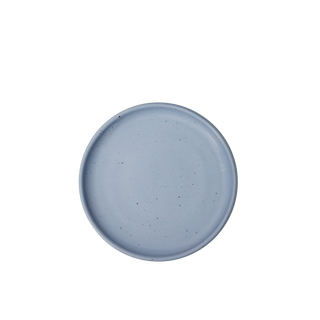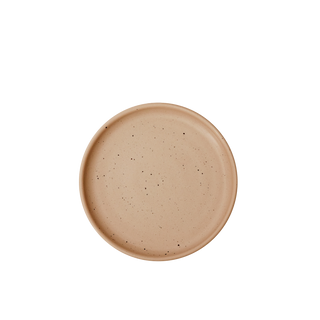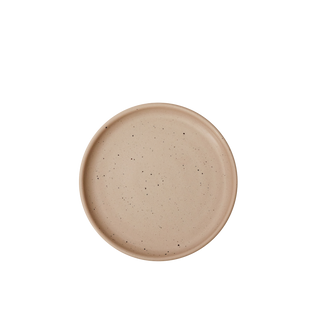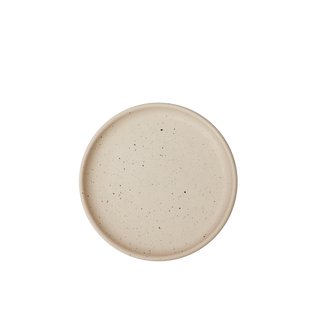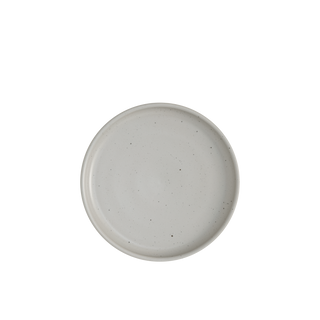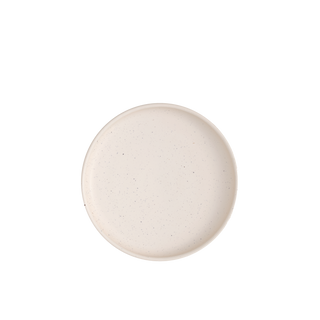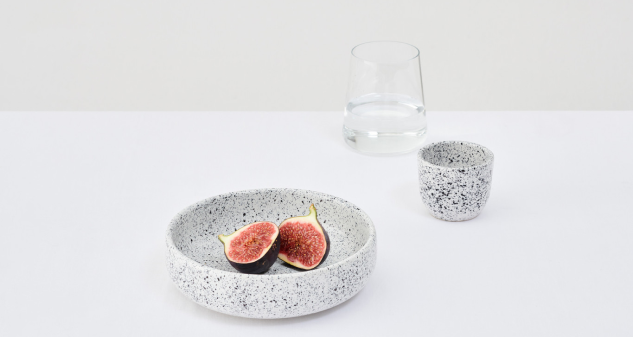Small Plate Cooking: Trisno Hamid, MOD
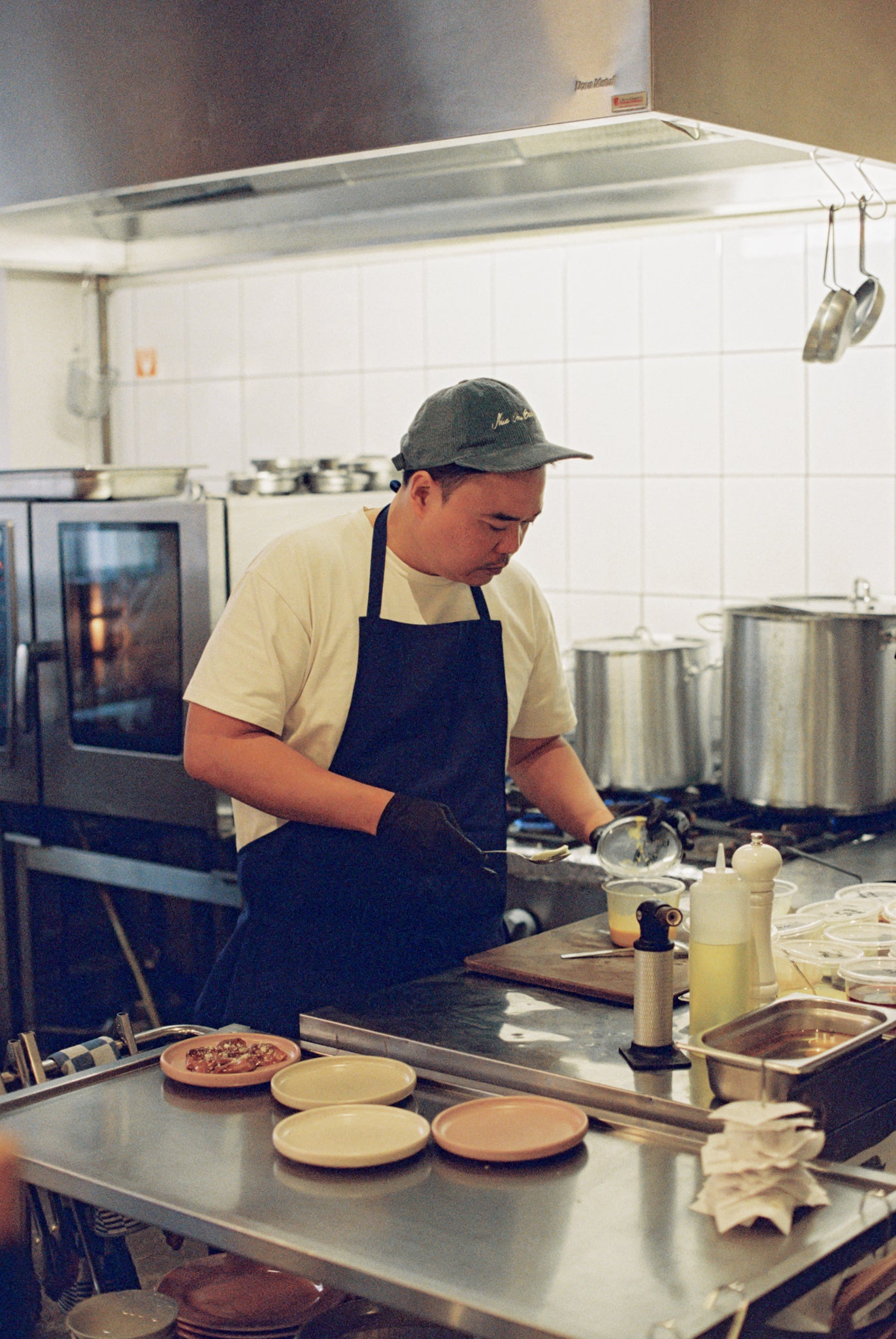
What inspires you, what shaped your way of working?
Select for yourself:
READ MORE:
-

Mother’s Day — A picnic with Tasya and Maxi
This Mother’s Day, we sat down with Tasya Kudryk—brand strategist, wine bar owner, and mum to 7-year-old Max—for a warm conversation about motherhood in all its quiet depth. From bedtime...
Mother’s Day — A picnic with Tasya and Maxi
This Mother’s Day, we sat down with Tasya Kudryk—brand strategist, wine bar owner, and mum to 7-year-old Max—for a warm conversation about motherhood in all its quiet depth. From bedtime rituals to rediscovering patience, Tasya shares how becoming a mother has enriched her daily life without dimming who she is.
-

ÅOOMI in the world — No Name Coffee Lab, Granol...
Tucked away in the charming town of Granollers, No Name Coffee Lab is more than just a café—it’s a passion project, a meeting place, and the first specialty coffee spot...
ÅOOMI in the world — No Name Coffee Lab, Granol...
Tucked away in the charming town of Granollers, No Name Coffee Lab is more than just a café—it’s a passion project, a meeting place, and the first specialty coffee spot of its kind in the area. While high-quality coffee has long been a staple in nearby Barcelona, this cozy café is introducing the local community to carefully sourced and expertly...
-

ÅOOMI in the world — Origo Bakery, Barcelona
In this ÅOOMI in the World feature, we visit Origo Bakery, a Barcelona-based bakery founded by François de Halleux. We spoke with him about his journey, the vision behind Origo,...
